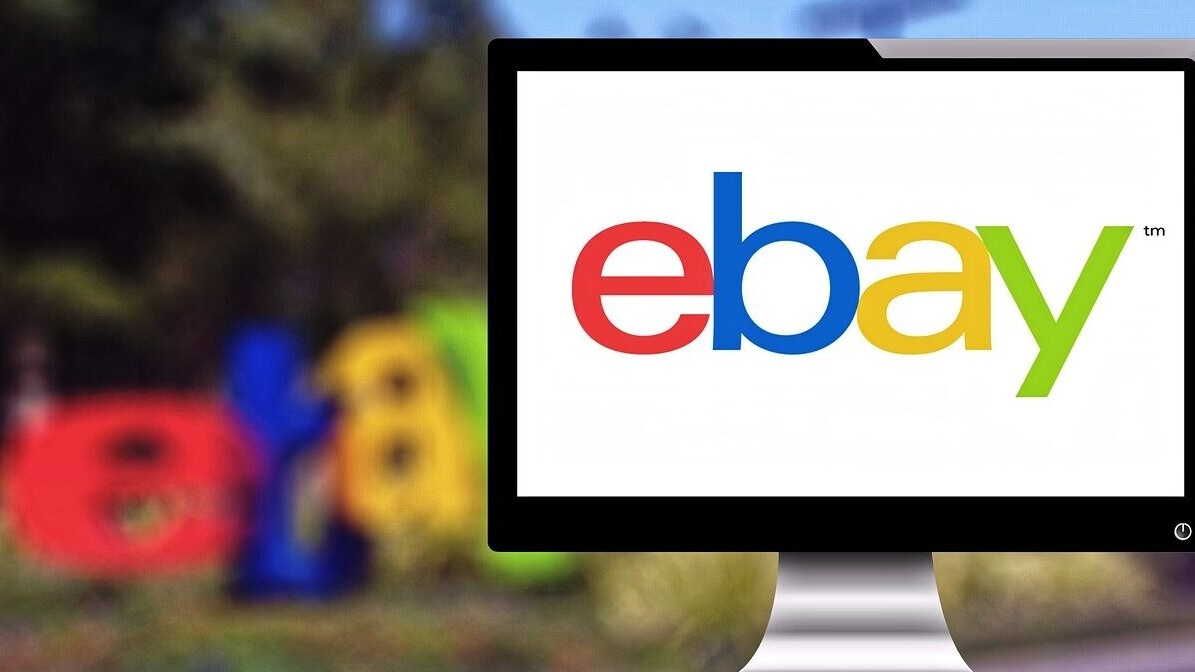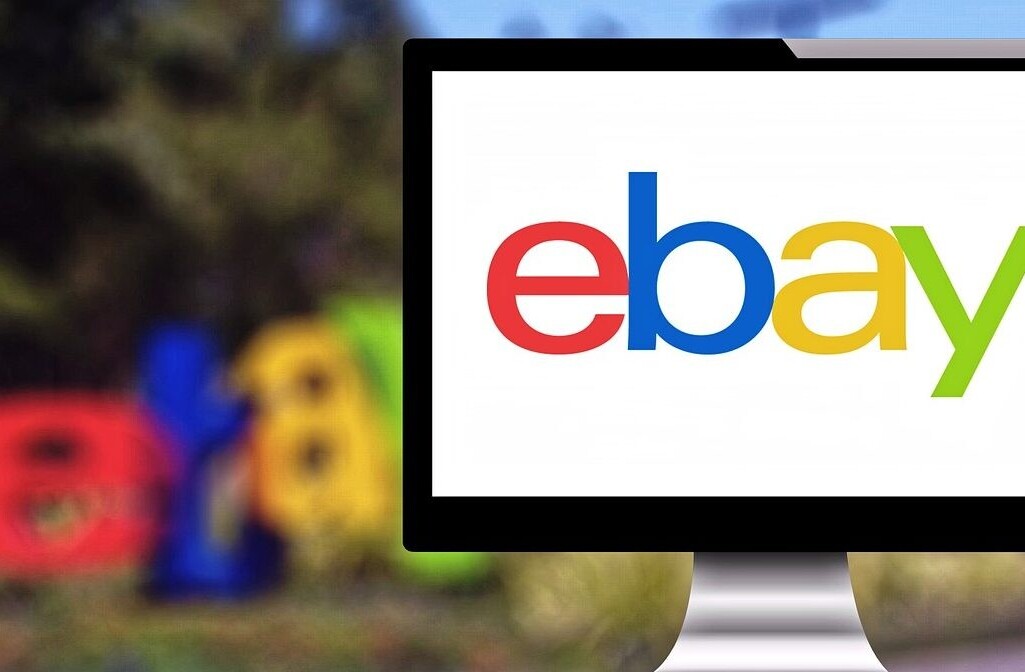Try a quick Google search for “Africa” + “tech” in the last couple of weeks and you will read little other than news of the fallout from tech malfunctions during Kenya’s election process, which resulted in the result being nullified.
Feel free to read all about it, it’s a harrowing and dramatic story, but in this monthly African tech wrap we will focus only on bonafide African technology stories, if you don’t mind.
Tech can also bring good news, and none more so than in Tanzania this month. US company Zipline, which launched in Rwanda last year and is very well-funded, expanded to its second East African market this month, using drones to transport emergency medical supplies.
Zipline develops autonomous drones designed to deliver vaccines, medicine and blood on request from health workers in rural areas, with the Tanzanian government to begin using more than 100 drones from four distribution centers to make up to 2,000 deliveries each day.
A number of other African governments got into the “tech for good” game during August. The Nigerian police service partnered a tech firm to launch a crime reporting app, while Kenya’s health ministry is rolling out an app to help carers access timely medical care. Kenya is also launching e-passports.
Less positive, and concerning for personal privacy, was the new that Uganda’s government is expecting delivery of a “pornography detecting machine”. The machine will be able to detect both deleted and current pornographic materials stored on people’s computers.
The world comes to Africa
More and more major global firms are spreading their wings to encompass Africa, and eBay is increasingly active. In August, the company scaled up its partnership with MallforAfrica.com to allows Americans to buy African goods. Products from select vendors in six African countries are now available.
Meanwhile, video on demand service iflix, which already had a presence in a couple of African countries, has expanded to Kenya, while Chinese company Tencent has launched a music streaming service in South Africa.
International firms Uber and Taxify are already busy on the continent, but they have a local competitor in the form of Kenya’s Little. Launched by mobile operator Safaricom recently, Little is now expanding to Nigeria, while it has also partnered Microsoft for security features. Safaricom has announced another new line of business, confirming it will launch an e-commerce platform next year.
Not to be outdone, Taxify and Uber were also busy in August. Taxify Kenya has expanded to Mombasa on the back of a major funding round from China’s Didi Chuxing, while Uber started verifying cash users in South Africa using Facebook. African companies are also expanding across the continent, with Nigerian venue-booking startup OgaVenue launching in Kenya.
Money money money
It was yet another bumper month for tech startup funding on the continent, with South Africa’s Sanlam Investment Holdings (SIH) taking a 30 per cent equity stake in local fintech startup EasyEquities.
South African startups were busy fundraising in general during August, with the likes of e-commerce startup SnapnSave, car trading platform getWorth, food startup Feastfox, drone developer Aerobotics and IoT company Sensor Networks all securing investment.
Not to be outdone, Kenyan bitcoin payments startup BitPesa secured follow-on funding to take its total investment to around US$10 million, while Nigerian fintech company Flutterwave also raised US$10 million. There were also rounds for Ghanaian e-learning startup Chalkboard Education and Egyptian food delivery platform Mumm.
The latter raised from US accelerator and investment firm 500 Startups, which continued to scale up its interest in African technology businesses by taking three Nigerian startups into its latest cohort. This is increasingly a theme, with Nigerian agri-tech startups Releaf and Farmcrowdy joining Y Combinator and Techstars programmes in August too.
The month also saw Startupbootcamp select 10 startups for its first ever African program, which will take place in Cape Town, and the World Bank pick 20 companies for its inaugural XL Africa accelerator. And that’s your lot.
Get the TNW newsletter
Get the most important tech news in your inbox each week.






